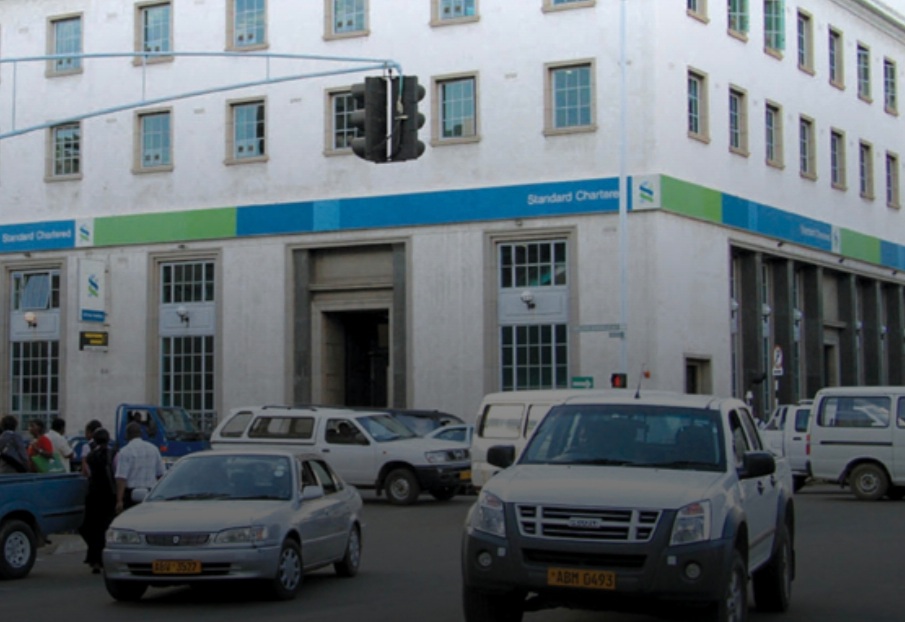Uncategorized
StanChart Zimbabwe starts probe after reports CEO suspended

In the community
EMA, Lupane State University step up fight against deadly Umkhawuzane in Mat North
National
Zimbabwe fast-tracks approval of long-acting HIV prevention drug Lenacapavir
Slider
ZimParks to host first-ever International Wildlife Conservation symposium
-

 Slider3 years ago
Slider3 years agoInnscor launches brewery to produce Nyathi beer
-

 National4 years ago
National4 years agoIn perched rural Matabeleland North, renewable energy is vital
-

 Tourism and Environment4 years ago
Tourism and Environment4 years agoStrive Masiyiwa’s daughter opens luxury Victoria Falls lodge
-

 Special reports4 years ago
Special reports4 years agoTinashe Mugabe’s DNA show’s popularity soars, causes discomfort for some
-

 Opinion4 years ago
Opinion4 years agoA street art mural in Zimbabwe exposes a divided society
-

 National4 years ago
National4 years agoVictoria Falls’ pilot dies in helicopter crash
-

 National3 years ago
National3 years agoCommission of inquiry findings fail to be tabled as Victoria Falls councillors fight
-

 National3 years ago
National3 years agoHwange coal miner fires workers over salary dispute



